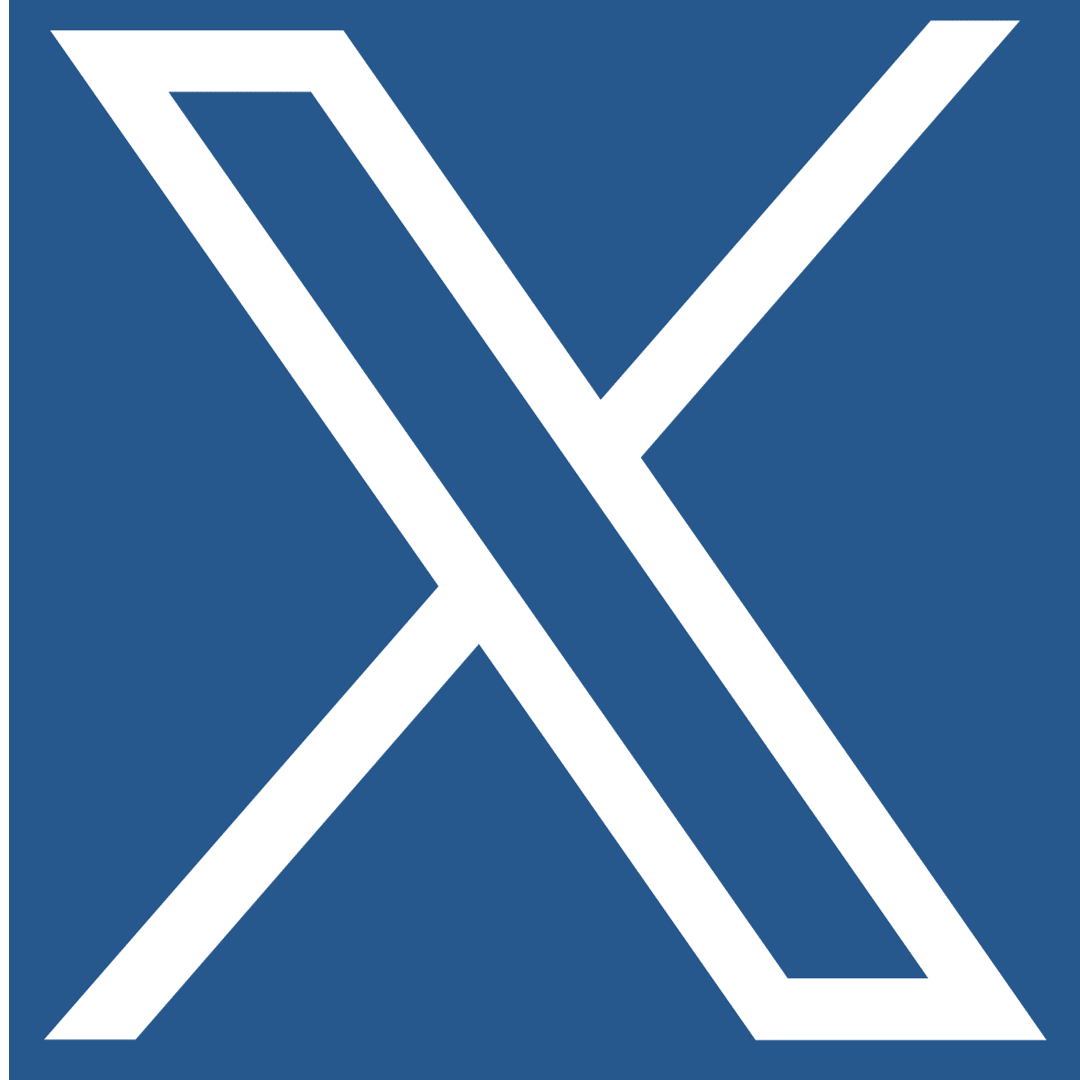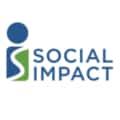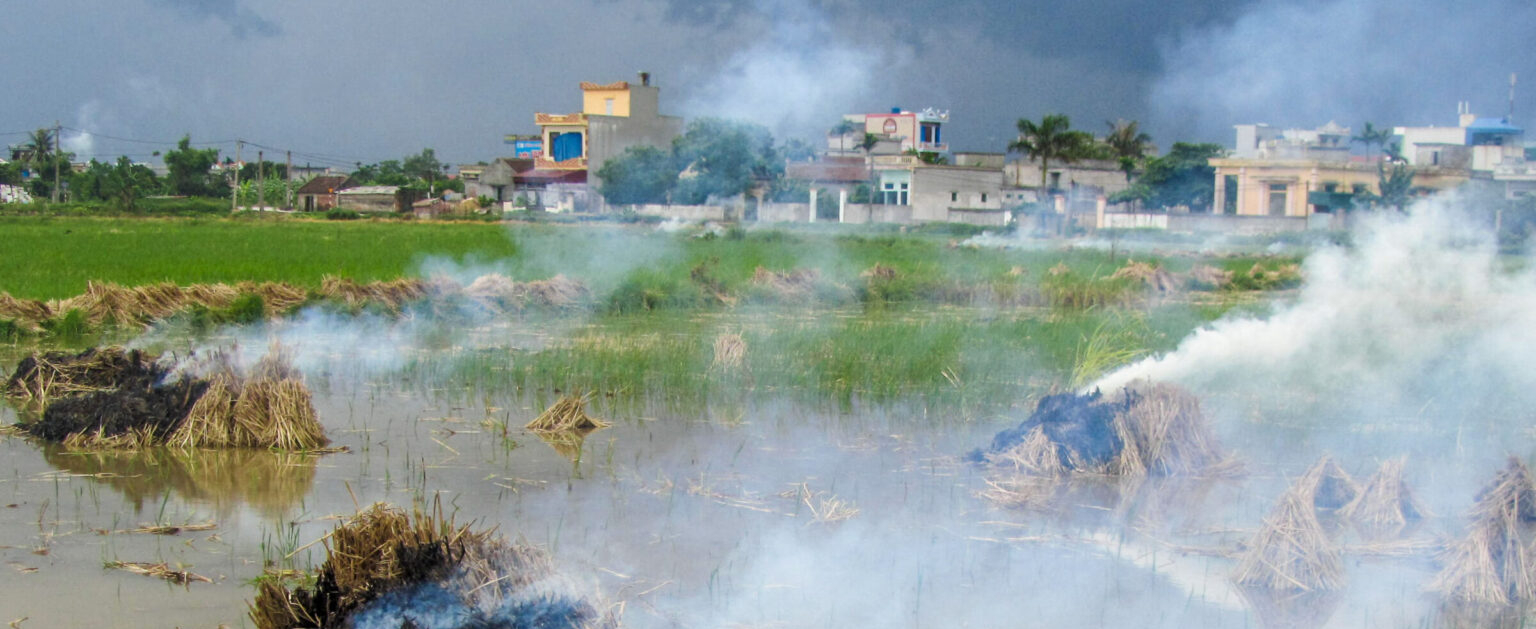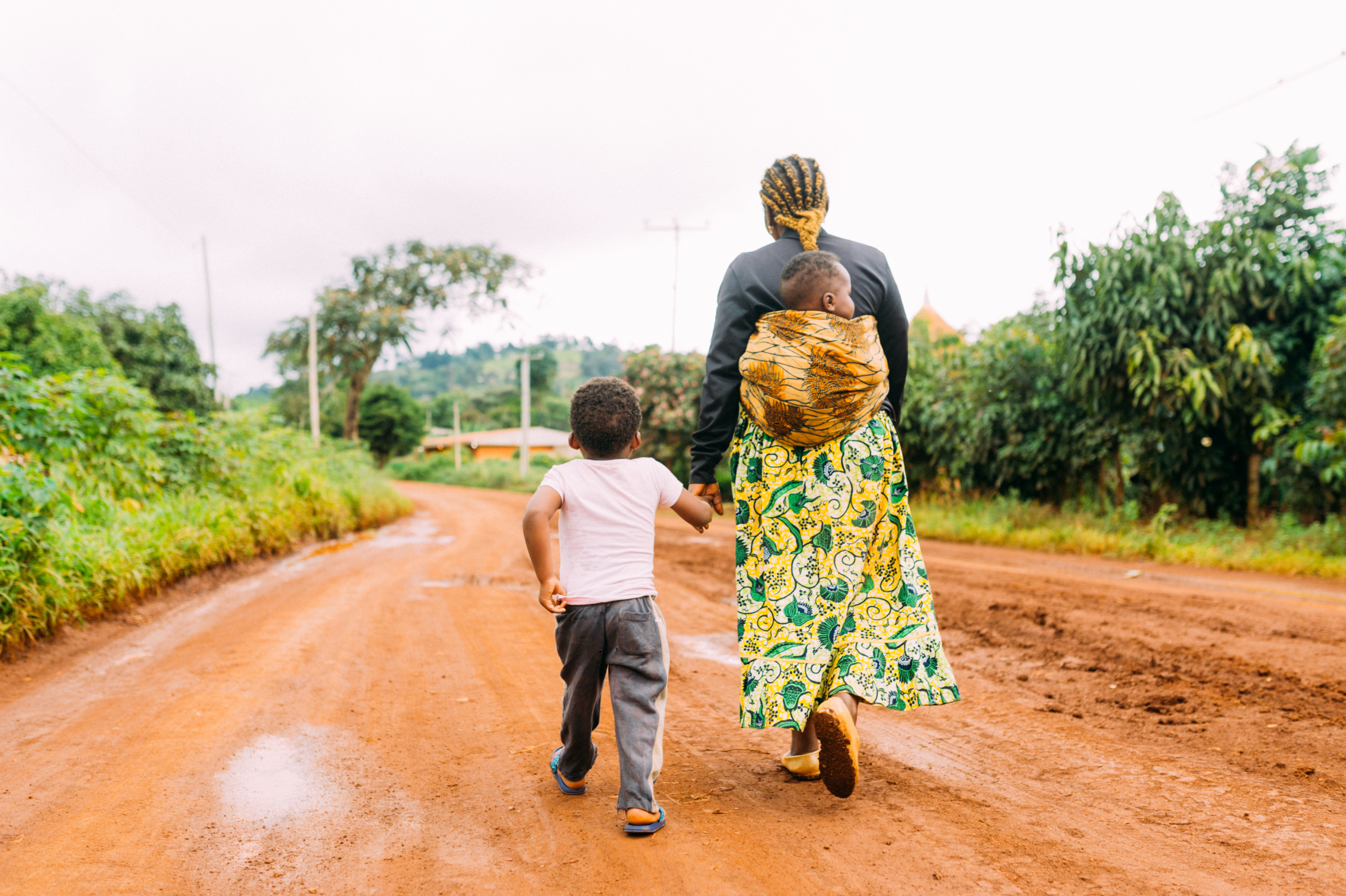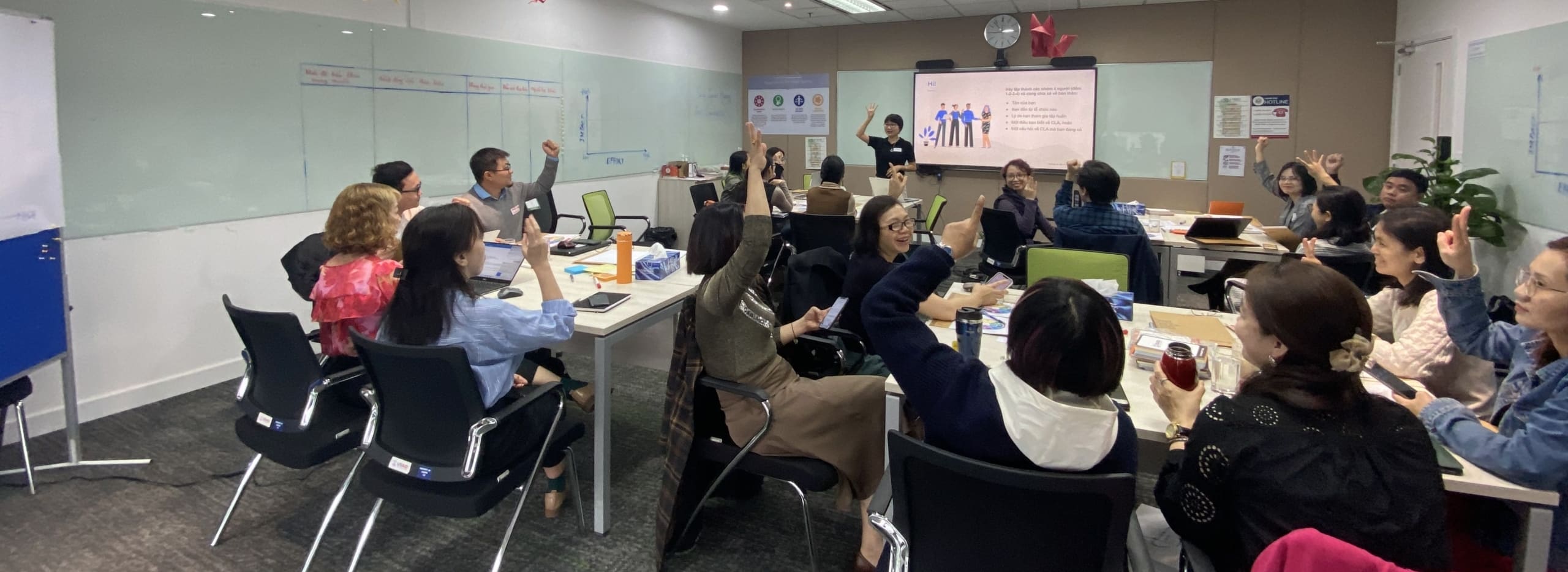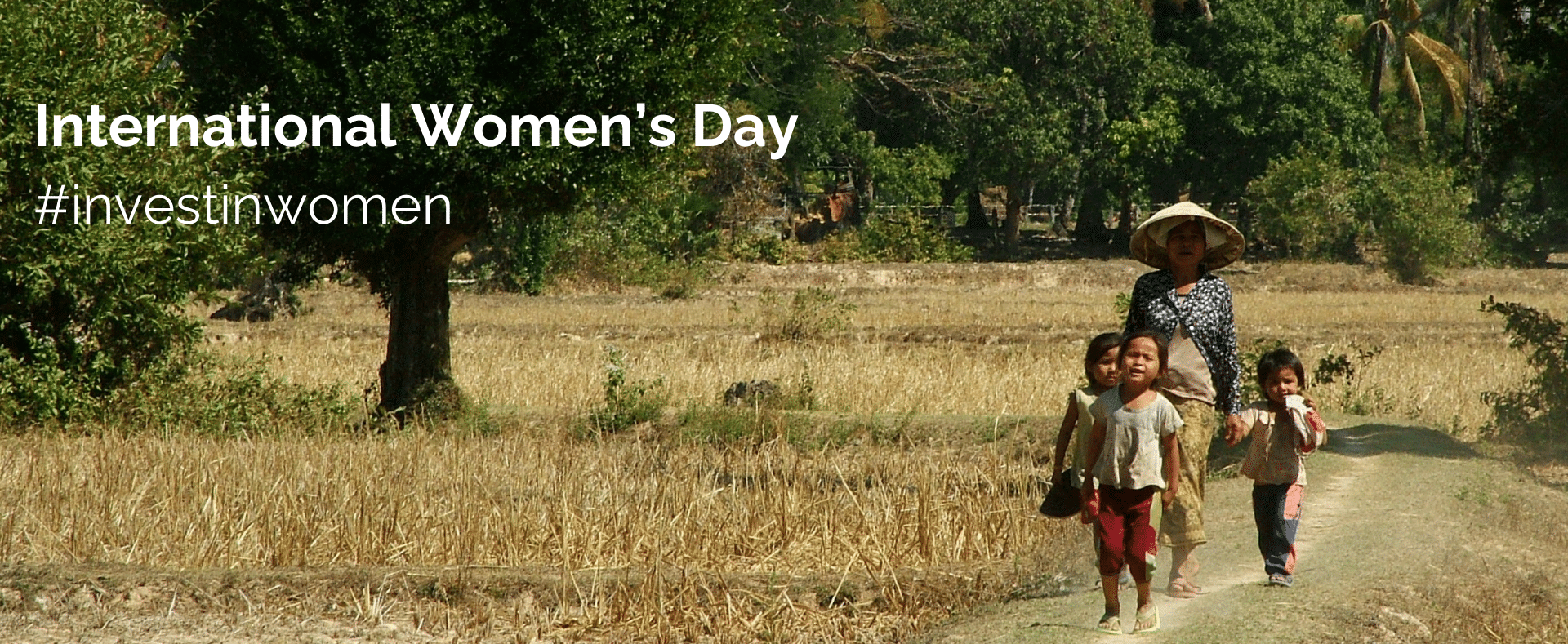The Project
60% of Africa’s population is under the age of 35. To capitalize on the enormous potential of youth and future leaders on the continent, former President Barack Obama created the Young African Leaders Initiative (YALI) in 2010. One portion of this initiative, primarily funded by USAID and the Mastercard Foundation, worked to identify and empower young leaders through the establishment of Regional Leadership Centers (RLCs). The RLCs located in Senegal, Ghana, South Africa and Kenya offer trainings to foster leadership and entrepreneurial skills for exceptional individuals aged 18-35, and work to provide these youth with tools, skills, networks, and partners to bring change in their communities. Social Impact (SI) served as the Learning Partner to the RLCs, providing a full range of monitoring, evaluation, and learning (MEL) services to improve RLCs’ ability to support the next generation of African leaders.
SI’s Contributions
Throughout the learning partnership, SI conducted two performance evaluations (PEs), using the Most Significant Change technique and a mix of qualitative and quantitative methods across all four RLCs, as well as an impact evaluation (IE) of the East Africa RLC. The team also worked with YALI to develop a program-wide monitoring framework and tools and a customized Management Information System that tracks and visualizes data from all 4 RLCs. Additional learning activities included facilitating learning summits, capacity development, and enabling cross-RLC learning and reflections.
Table 1: SI’s YALI Evaluation Questions
| Evaluation Type | Key Questions |
| Performance Evaluation | · How effectively are the RLCs preparing to ensure their sustainability after the end of the YALI program?
· To what extent are RLC YALI alumni implementing the learnings from the YALI program to help them attain desired leadership outcomes? · To what extent are RLCs able to recruit targeted participants, including vulnerable groups? |
| Performance Evaluation | · How are alumni connecting with each other? How are alumni using the networks?
· What, if any, impact has participation in the YALI RLC had on personal life improvements for alumni? |
| Impact Evaluation | · To what extent does participation in the YALI RLC program increase leadership skills?
· To what extent does participation in the YALI RLC program increase leadership behaviors and practice? · To what extent are networks supporting YALI RLC graduates to be successful and enact change? |
Results
The results of SI’s evaluations highlighted how YALI contributed to personal, professional or business, and community-level changes. That stated, significant barriers still exist for the alumni to put their leadership skills into practice. The PEs suggested that the YALI alumni network is a strong method for engagement and is used actively to advance alumni’s professional interests. The evaluations additionally presented data that alumni enacted personal-level change including improvements in their own soft skills, ethics, tolerance, and good citizenship. The second PE noted substantial increases in civic participation, especially in community-based volunteering and political participation. YALI alumni reported a 73% increase in civic engagement, with many attributing their change to a greater sense of purpose and more efficient time management gained from the program. Economic impacts of the program included 72% of alumni reporting income increases post-program and 69% recording that YALI had some impact on their change in income. Lastly, the impact evaluation highlighted the correlation between country context and alumni’s ability to apply their leadership skills.
Based on the results of the evaluations, SI recommended several activities to ensure sustainability of the YALI project including strengthening partnerships, exploring alumni results more deeply, and fostering collaboration among RLCs. Results from the learning partnership have sparked discussions about re-structuring YALI to better align with its continent-wide approach, improving and scaling recruitment efforts, and more clearly identifying expected leadership outcomes. These evidence-based suggestions were designed to inform YALI’s transformation into a central YALI Africa entity that can better leverage learnings and strengths across all RLCs to empower young African leaders in the coming years.
Most Significant Change Stories
Nomunto Ndlovu
Nomunto Ndolvu, a microbiologist in South Africa, enrolled in the YALI project to build her business and entrepreneurial skills in order to improve her company Siyabuddy Recycling and Waste Management. Nomunto quickly learned about small business management and pitching strategies, which were essential to garnering funding from the Mpumalanga Tourism and Parks Agency for employee salaries. Since the program’s completion, her business has grown to support 8 permanent employees and provide 336 indirect jobs for trash collectors. Through the YALI network, Nomunto became a board member for the Climate Smart Agriculture Youth Network, and part of the Nkomazi Local Tourism Organization. The leadership and business skills acquired in the YALI program enabled Nomunto to scale her business’s ability to provide greater employment opportunities and make a positive impact on the environment through waste collection. On top of her business successes, Nomunto became highly engaged with sustainable tourism and environmentalism through civic engagement opportunities.
Keith Mwenya
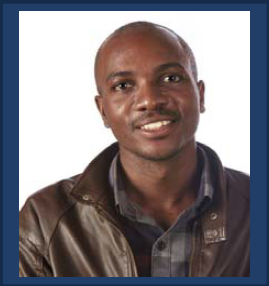
After attending the YALI program, Keith Mwenya, a Zambian electric engineer, decided to pursue his passion for agriculture. Keith designed a business plan and value proposition to support farmers in the Southern African Development Community region by providing networking and capacity building initiatives. This idea, later formalized in an organization named KESA Argo-Solutions, offers farming workshops to over 250 farmers. By virtue of YALI’s networks, Keith leveraged his own skills to collaborate with several program alumni to increase the impact and reach of his farming consultancy. In partnership with a YALI alumni, Keith co-created the Farmers Hub website which continues to promote Agritourism and teach farming skills. Through another alumni’s network, Keith partnered with the MolaPlus group in Kenya to supply organic supplements to farmers in Zambia. Keith’s experience in the YALI program not only pivoted his career pursuits towards his agricultural passion, but also provided him the network to expand his business to serve hundreds of farmers in Zambia.
